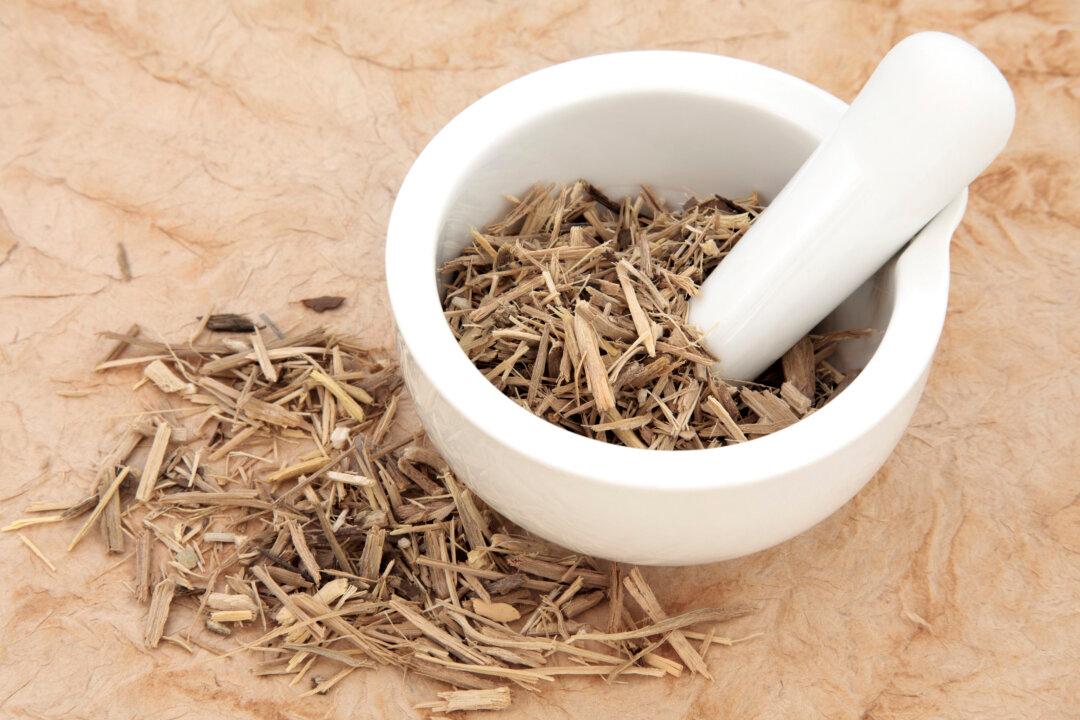Adaptogen is a term used to describe herbs that help the body adapt to stress. Today, several herbs fall under this category, but the name was first given to Siberian ginseng.
A Soviet scientist invented the term in 1947 while he was studying the actions of Siberian ginseng as part of a Cold War investigation to find herbs with the potential to strengthen Soviet soldiers. Scientists saw success with the army, so Siberian ginseng was also given to Russian cosmonauts and Soviet Olympic athletes to increase their stamina and endurance as well.






